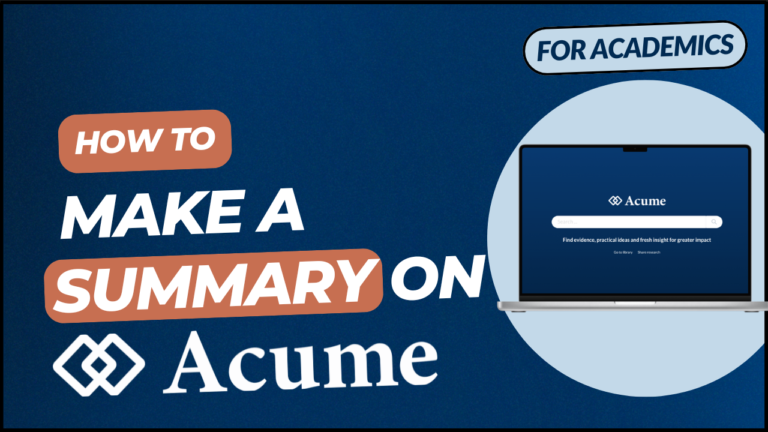This report examines how decisions made in the Netherlands align, or misalign, with the priorities of Syrians for humanitarian aid. It draws on interviews with NGO professionals, academics, and Syrian experts to explore whose knowledge shapes programme choices and to what extent local expert perspectives are included in decision-making.
Key findings
- Syrian experts are rarely meaningfully involved in decisions about Syria. Four out of six Syrian interviewees reported being excluded from key international forums where programme and funding decisions are made.
- Cultural misunderstandings continue to undermine programme relevance. One NGO built a new town without realising its two intended communities refused to live together. Another distributed rice in a region where rice was not part of the local diet.
- Most experts are brought in too late to influence decisions. They are often asked to validate plans rather than help shape them.
- Hiring trusted experts is difficult. Organisations struggle to assess values, affiliations, and networks remotely; making vetting both time-consuming and uncertain.
- NGOs tend to over-rely on the same consultants. While this ensures consistency, it can lead to narrow perspectives and decisions based on outdated or assumed knowledge.
Recommendations
- Prioritise specificity: engage experts with lived experience of the exact region or issue.
- Use small, diverse panels to reduce individual bias.
- Involve experts from the outset, rather than as an afterthought.
- Structure engagement clearly, moving beyond ad hoc or token inclusion.
- Broaden access to underrepresented voices, including Syrian diaspora and newcomers.








